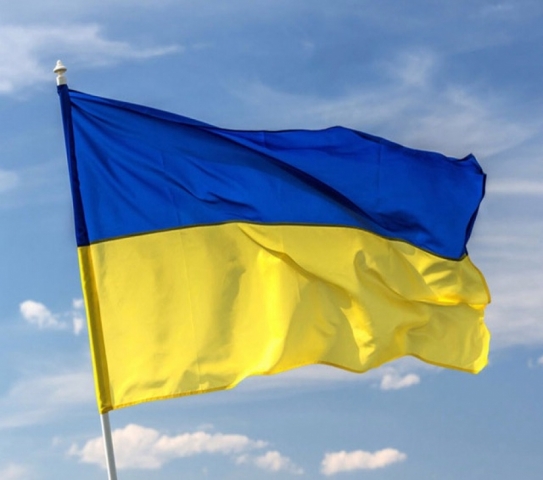Failure of the Russia-Ukraine Summit & Its Importance for Georgia
It was recently announced that the long-awaited summit of the Western states, Russia and Ukraine would not in fact be taking place. Both Kyiv and Moscow blamed each other for the failure to hold a first meeting on the eastern Ukraine problem since 2015.
There is no point going into detail over who is to blame; what matters is the bigger picture, where Russo-Ukrainian rapprochement did not happen. Many might disagree, as, before the planned summit, a larger swap of prisoners took place between the two countries and France positioned itself as a chief proponent of a new model of security and general cooperation between the West and Russia.
In many ways, this seemed to be what I predicted in 2018; that, because of China's rise and Moscow's increasing cooperation (almost bordering on alliance) with the Asian giant, the West would become keener not to lose Russia "permanently". I also mentioned that large scale negotiations might take place seeing Ukraine and Georgia's fate as a primary subject of heated debate.
Many Ukrainians feared that France's rapprochement with Russia meant the start of the so-called "grand bargain" between Moscow and Brussels.
One factor needs to be added, though. Against the backdrop of this grand geopolitical calculation, various modern analyses lack the question of how rising Ukrainian nationalism and anti-Russianism influence the thinking of the Ukrainian government. Simply put, any decisions undermining the Ukrainian position in the negotiations process with Russia would result in large scale protests on a similar level with what took place in 2014 when Euromaidan happened in Kyiv.
But this phenomenon is not developing only in Ukraine, and is visible all across the former Soviet space. For example, in Georgia, any backtracking on national questions, even symbolic ones such as in June this year when a Russian parliamentarian addressed the Georgian parliament, could cause major disturbances in the country.
The western leaders and analysts should consider this factor of pro-western/anti-Russian masses in Ukraine and Georgia when thinking in purely geopolitical terms. No wonder the summit I mentioned in the beginning failed to happen: the Kyiv government is simply very sensitive to and dependent on the public backlash and it is increasingly unlikely that the Ukrainian leadership would follow the Russian thinking on federalizing the country: giving Donbas and Luhansk regions considerable autonomy and a certain level of veto on Ukraine's foreign policy moves, most notably the accession to NATO and the EU.
True, there is a growing apprehension among Georgian and Ukrainian leaders that the West is increasingly leaning toward Russia. However, I would still argue that geopolitical developments show it will be difficult and indeed unlikely that Ukraine and Georgia's fate will be solely subject to the grand bargain between Russia and the West - potential public outburst has become a geopolitical factor.
Moreover, Ukraine is large and is perhaps more important than Georgia, which makes it unlikely that by forcing on Ukraine uncomfortable decisions, the geopolitical conundrum between Kyiv and Moscow would disappear. Many forget that real problems in Russo-Ukrainian relations date not to 2013-2014, but much before. Ukraine has been large enough and close enough to Europe to pursue a more independent policy from Russia for a long time. Even without the systematic Euromaidan tensions between the two states, there has been a constant threat to bilateral relations.
Georgia thus should be all the more interested in what is shaping up around Ukraine. Any bargain around the Ukrainian problem would fundamentally undermine Georgia's fragile position vis-a-vis Russia.
By Emil Avdaliani












